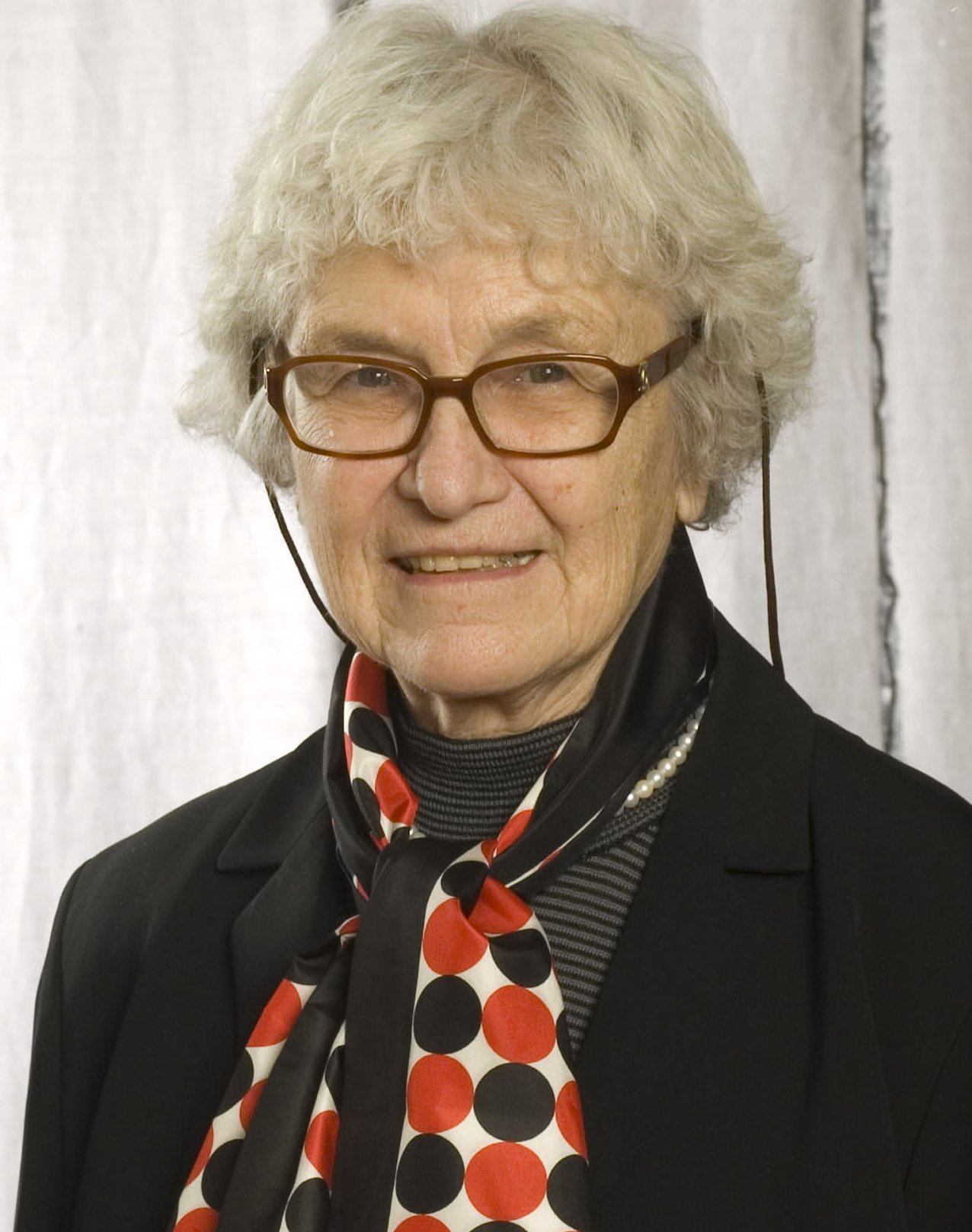In memory of Professor Eva Klein (1925–2025)

Eminent cancer researcher and Karolinska Institutet professor Eva Klein has passed away at the age of 99. She is survived by her and her late husband Georg Klein’s three children. Eva Klein won numerous prizes and awards over the years for her important discoveries in cancer research. She was elected onto the Royal Swedish Academy of Science in 1987.
Eva Klein was born to a Jewish family in Budapest. As a 22-year-old medical student, she moved to Sweden after the Second World War to escape the Soviet occupation, just a few months after her future husband, Georg Klein.
They continued to pursue their medical studies at Karolinska Institutet, where Professor Torbjörn Caspersson soon realised that the young couple possessed unique scholarly faculties. Eva earned her PhD in 1955 with a thesis on tumour biology and became docent of medical cell research.
It was during this time, in the mid-1950s, that scientists discovered that the cell’s genetic material was made up of DNA. The more they learned about DNA, the closer they came to understanding how cancer tumours form and grow.
Pioneering work in cancer immunology
Thanks to her early exploration of the subject, Eva Klein’s research was soon circulating internationally. Amongst her many achievements was her pioneering work on cancer immunology and investigations into how the genetic material of normal cells can repress the malignant behaviour of cancer cells.

In 1969, Eva Klein was appointed professor, by which time she and her husband had established the Department of Tumour Biology at Karolinska Institutet, which went on to become legendary for its outstanding research in immunology, virology and tumour biology.
Over four decades, the Kleins laid the foundations for Sweden’s prominence in cancer research. The department was characterised by an extraordinary diversity of visiting researchers and international contacts.
Many researchers who earned their PHDs under Eva Klein’s supervision have attained leading positions in international cancer research, one of them being Karolinska Institutet’s former president, Hans Wigzell.
Eva Klein’s associative powers were also extraordinary. As a researcher, she saw details that others did not, and she often chose to investigate questions that the rest of the research world left untouched. She published over 500 scientific articles during her career; one of them, which came to be a landmark work, was on the discovery and characterisation of the specific lymphocytes of NK (Natural Killer) cells that protect the body against cancer.
Revolutionary insights into the body’s own defence against cancer
Eva Klein discovered this type of cell with Hans Wigzell and doctoral student Rolf Kiessling in the middle of the 1970s and the study they published in 1975 came to revolutionise understanding of the body’s own cancer defence. Eva Klein made additional groundbreaking discoveries in immunology that paved the way for modern cancer immunotherapy.
She also made numerous studies of the common Epstein-Barr virus and its role in Burkitt lymphoma. Although the virus had been known about for many years, it was her research that demonstrated its links to this particular form of cancer. After the migration of the Department of Tumour Biology to the Department of Microbiology, Tumour and Cell Biology (MTC), Eva Klein continued to study the association between the Epstein-Barr virus and B lymphocytes, a type of cell that develops in the lymphatic system. Eva remained an active researcher with her own research grants until 2016.
A foundation in the Kleins’ spirit
In 2005, to mark the 80th birthdays of Eva and Georg, their former doctoral students set up “The Georg and Eva Klein Foundation” to support research in the fields of immunology, cell biology, infections and cancer in “the spirit of Georg and Eva”.
As late as 2013, Eva Klein was elected onto the newly formed American Association for Cancer Research (AACR), the aim of which is to pay tribute to researchers whose contributions to cancer research have had an exceptional impact.
Eva Klein passed away four days before her 100th birthday surrounded by her family.
“I have known Eva for 40 years and she has been a role model for me, both scientifically and personally,” says KI’s academic vice president for research Marie Arsenian Henriksson.
“I travelled with her and Georg to experience ‘their Israel’, and to Budapest, where they showed me where they had once lived, hid and fled during and after the War. Her passing has left Karolinska Institutet bereft of a luminary in Swedish and international cancer research, and, not least, an inspiration for me and many others.”
